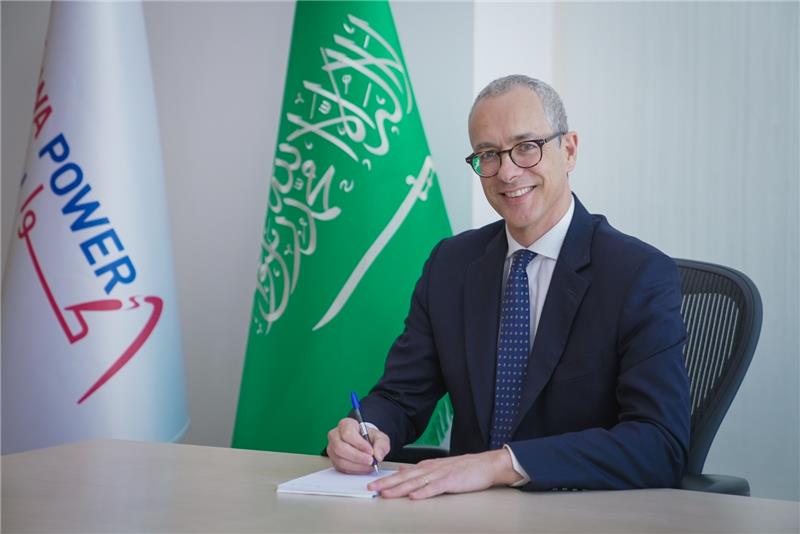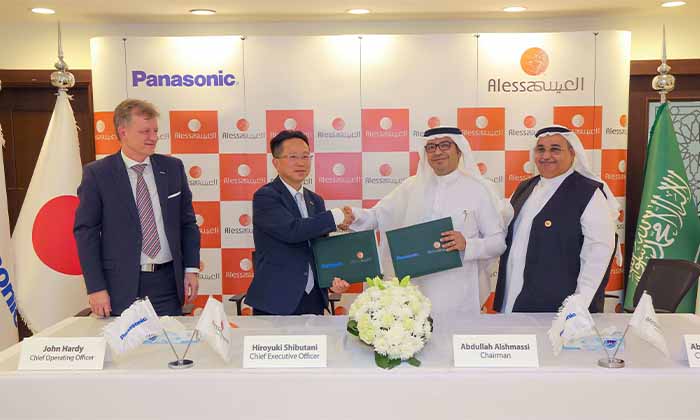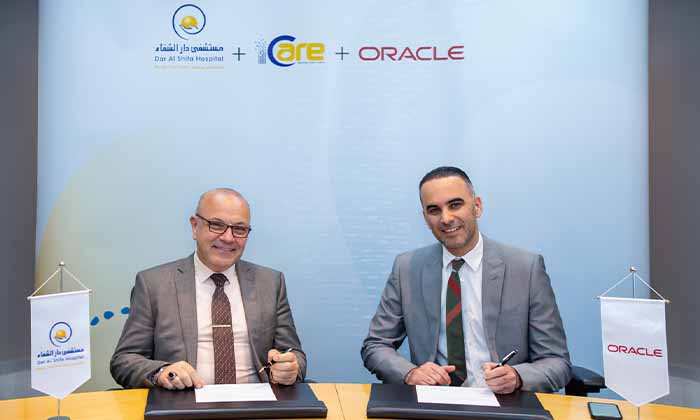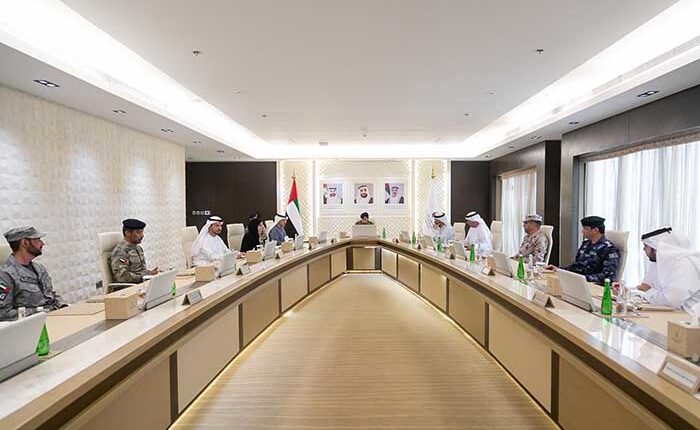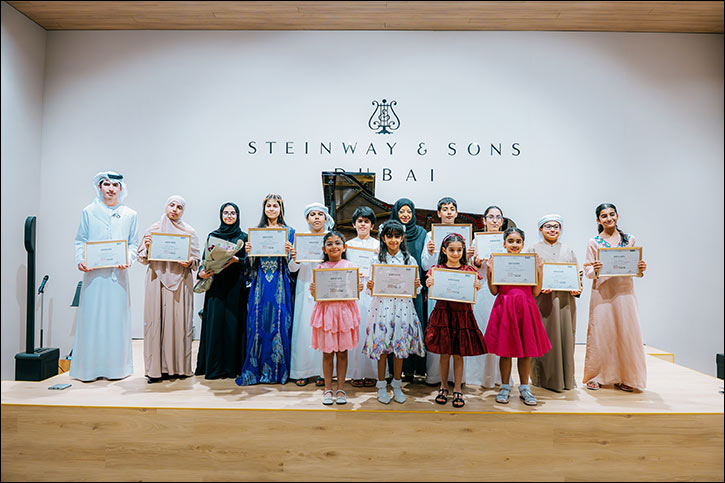- "The UAE Net Zero Strategy 2050" leads the momentum of the post-COP28 climate narrative.
- The nation’s climate narrative is heavily influenced by the private sector in promoting sustainability
In the run up to COP28 in the UAE next Thursday, the Ministry of Climate Change and Environment organized the 8th "COP28 Changemakers majlis", which was held at the Etihad Museum in Dubai, focused on "Advancing the UAE Climate Narrative", with the goal of strengthening the UAE’s sustainability initiatives and fasten its transition to a greener future.
The meeting was chaired by H.E. Mariam bint Mohammed Almheiri, UAE Minister of Climate Change and Environment, and moderated by Hajar Alketbi, Director of Government Communications at the ministry. The meeting was also attended by H.E. Abdullah Ahmed Al Saleh, Undersecretary of the Ministry of Economy, His Excellency Khalfan Juma Belhoul, CEO of Dubai Future Foundation, representatives of the media offices in the UAE.
The meeting was attended by a number of leaders of the Ministry of Climate Change and Environment including H.E. Mohamed Saeed Al-Nuaimi, Acting Undersecretary of the Ministry, H.E. Othaibah Al Qiydi, Acting Assistant Undersecretary for Sustainable Communities Sector, and H.E. Sheikha Al-Ali, acting Undersecretary for the Region Sector.
In her address, HE Mariam Al-Mheiri said: “COP28 will be an action focused COP, a chance to make real, tangible change. And that change can only occur with greater cooperation and collaboration. The UAE Net Zero 2050 strategy defines our journey to achieving our Net Zero goals and to serve as a model for other nations. It will also lend momentum to continue building on the work that we commenced decades ago, inspired by the environmental stewardship of our founding father, the late Sheikh Zayed bin Sultan Al Nahyan. The strategy acts as an engine for economic and societal advancement by curbing emissions and contributing to global mitigation efforts.”
HE Almheiri stressed that the UAE is pro-climate, pro-growth - a vision that reflects the enormous economic opportunities that climate action brings. “Our Net Zero 2050 Strategy will contribute around 3 percent of the national GDP, enhance export opportunities, and create extensive new employment opportunities. We envisage over 200,000 jobs across the solar, battery and hydrogen sub-sectors.
She added: "We need to explore new approaches to our work and support one another in realizing our full potential. While COP28 offers an opportunity to unite all parties and to refocus on the need for international cooperation, we should continue the strong momentum we have achieved locally to build a sustainable future for the UAE. "
Al Mheiri concluded: " To meet the UAE's long-term environmental and climate goals, we need to reinforce its climate narrative. This effort is a result of our advancements in this field and helps raise awareness of the UAE's activities among the public and all domestic and international partners.” Her Excellency stressed that cooperation and information exchange are essential pillars to stay current on sustainability efforts and to consistently advance the nation’s climate narrative.
HE Khalfan Juma Belhul said that the world has been witnessing major changes, ranging from the COVID-19 pandemic and economic instability to the geopolitical factors. He emphasized that to reach climate goals, cooperation and partnership are needed in climate action.
His Excellency stated that innovative laws and policies are needed in addition to modern technology. “This paves the way for the private sector to launch initiatives and projects that contribute to the achievement of the nation’s climate goals and supporting our climate narrative in the near and long term.” He underlined the importance of providing more opportunities to SMEs to invest in climate and environmental technology to maximize the UAE's economic opportunities in the future.
As one of the first nations in the region to sign the Paris Climate Agreement, the UAE has taken impressive actions to fight climate change. It was also the first in the region to announce its Net Zero 2050 Strategy committing to reducing carbon emissions across all sectors.
During the meeting, participants heard the nation’s rich history of sustainability and its outstanding successes such as the largest low-carbon electricity sources in the Arab world, driven by the leadership’s endeavors to invest in developing renewable energy. Today, the UAE also has the Arab world's first commercial nuclear power plant, and a number of the world's largest and least expensive solar power plants.
The participants discussed views on the key components of the UAE's climate narrative, possible areas of improvement and the role of the private sector in strengthening this narrative. With a focus on COP28’s commitment to action, the participants discussed how to enhance the UAE's climate narrative locally and globally.
The meeting stressed the need for the UAE's climate narrative to be based on innovation, contribute to changing the perceptions of all stakeholders about sustainability and how climate change affects different aspects of life. They highlighted the need to promote UAE projects in renewable and clean energy and their role in global climate action through investments to inspire people.
The meeting observed that the UAE's climate efforts serve as a beacon of hope for the world in achieving sustainability across all sectors. It also highlighted the need to transform various to becoming more sustainable and amplify success stories in the UAE. The participants emphasized the need to share the UAE's experiences with the world to support the global movement towards a sustainable future.
The meeting addressed the importance of the role of the media in using the climate narrative to influence the behaviors of society and change their lifestyle. The Majlis also addressed the need to strengthen the private sector's awareness of the UAE's climate goals and to enhance its cooperation with relevant stakeholders to invest in relevant sectors linked to achieving Net Zero goals by 2050 by transforming the energy, water, food, industry and other systems to being more sustainable.
-END-
